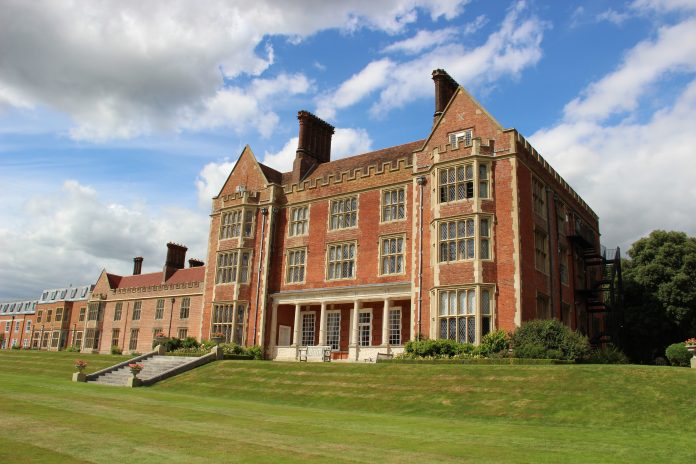The news that Benenden School, the English girls’ school in Kent which is the alma mater of Princess Anne, has partnered with a Hong Kong-based education group to open a school in mainland China should come as no surprise.
There were some 78,000 international students at around 400 IEPs in 2018, a 10% drop from the previous year. But the fall was not as dramatic as that seen in 2017, which saw around 20% fewer students than in 2016.
Barely a month goes by without the UK press trumpeting the opening of another British boarding ‘branch’ in Bahrain, Bangkok or Beijing.
The Benenden initiative is typical of the role of British schools in China, the fastest- growing market. Fourteen new British school branches opened in the country in 2020, up from just four in 2019, according to UK teaching magazine TES.
But what is driving UK schools to internationalise? The headline in the Benenden story in Independent Education Today magazine sums it up: “New Chinese schools will fund UK bursaries, says Benenden”.
“More and more UK not-for-profits have turned to overseas school partnerships to generate income”
Bursaries, a form of discounts on fees based on family income, have become an increasingly important aspect of private schools’ defence against accusations of privilege. Just 6.5% of UK children attend fee-paying schools, compared to 10% in the USA, 15% in France and 35% in Australia. Yet in 2018, students from independent schools made up 42% of entrants into Oxford and Cambridge, according to the BBC.
The campaign to increase bursaries has seen their value rise to £440 million, up 66% since 2011, according to the Independent Schools Council. But why look to overseas operations for funding? It’s because 74% of independent schools are not-for-profit, including almost all the famous historic secondary schools so attractive to overseas parents. Under English law they are deemed charitable trusts and not permitted to make a profit from their fees.
Traditionally, money for bursaries has been raised by endowments from former pupils, but the massive increase in funding needed has led schools to set up for-profit trading companies offering everything from wedding venues to EFL summer schools to generate income.
In recent years, more and more UK not- for-profits have turned to overseas school partnerships to generate income which can be used to fund an increasing number of bursaries. Schools in China, aimed mainly at local children rather than the expatriate community, have become an increasingly important sector of the market.
The Benenden story exemplifies this trend, as headteacher Samantha Price explained in her interview with Independent Education Today: “We have been looking at various options in recent years. This first project in China is a wonderful opportunity to establish a fantastic new school at the same time as generating, in time, revenue that will supplement the donations from our incredibly generous supporters to help us offer more bursaries here at Benenden.”
How do not-for-profit schools fund new for-profit schools overseas? The short answer is they don’t. They partner with local businesses who build, own and operate the schools with the UK school taking a fee and providing varying amounts of educational oversight. These schools are not ‘branches’ of UK schools, rather they are more akin to franchises, with the UK schools having varying levels of educational input and oversight.
Again, the Benenden experience is typical. The new school in China will be rolled out and run by CTF Education. Founded in 2017 as part of the giant Hong Kong-based CTF conglomerate, it currently owns a chain of trilingual preschools following the IB programme and a Canadian international school which follows the Ontario curriculum, both in Hong Kong.
The Hong Kong group is looking initially to use its Benenden partnership to set up a bilingual school in mainland China, a market where traditional British education is popular with parents.
The bilingual school market has grown rapidly since 2019, when the Chinese government banned its citizens from sending children aged six to 15 to international schools which followed foreign curricula. Instead, all children in this age group must follow China’s national curriculum and take national exams in Mandarin at 15.
Although fee-paying bilingual schools deliver much of their programme in English and are permitted to offer some British-style courses in addition to the national curriculum, the educational input of the British independent school is necessarily limited and educational oversight difficult.
Jennifer Yu Cheng, of CTF Education Group, told Independent Education Today that the strategic partnership with Benenden School would bring “one of the best schools in the world” to the Greater Bay Area in China. “The partnership sets the tone for our goal to deliver one of the best K-12 bilingual schools in Greater China,” she added.
As Benenden’s Samantha Price explains, the school will “reflect Benenden’s educational ethos and feel wherever possible” and will “share more than a name”.





